Curator Dr Gillian Murphy introduces the Black Lesbian and Gay Centre in south London. LSE Library holds the Hall-Carpenter Archives, which contains the papers of gay activists and organisations, ephemera and related journals.
In 1982, the Gay Black Group approached the Greater London Council (GLC) to help with setting up a drop-in centre that could provide an advice and counselling service, a helpline, a library and other resources. Three years later, the GLC provided funding for a project, which became known as the Black Lesbian and Gay Centre Project (BLGC), to explore the idea of a permanent centre. This leaflet shows the aims of the BLGC.
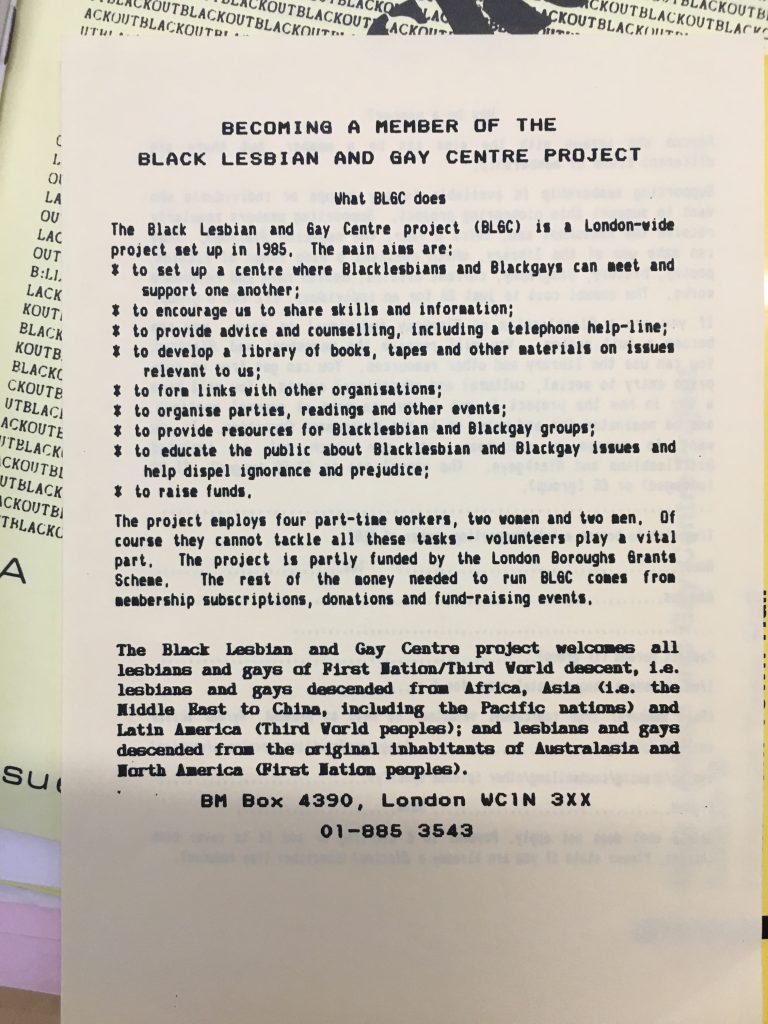
The GLC grant enabled four workers (Dorothea, Savitri, Robert and Dirg) to be employed on a part-time basis. They provided admin, outreach work and researched potential premises for their centre, operating from a small office in Tottenham, north London.
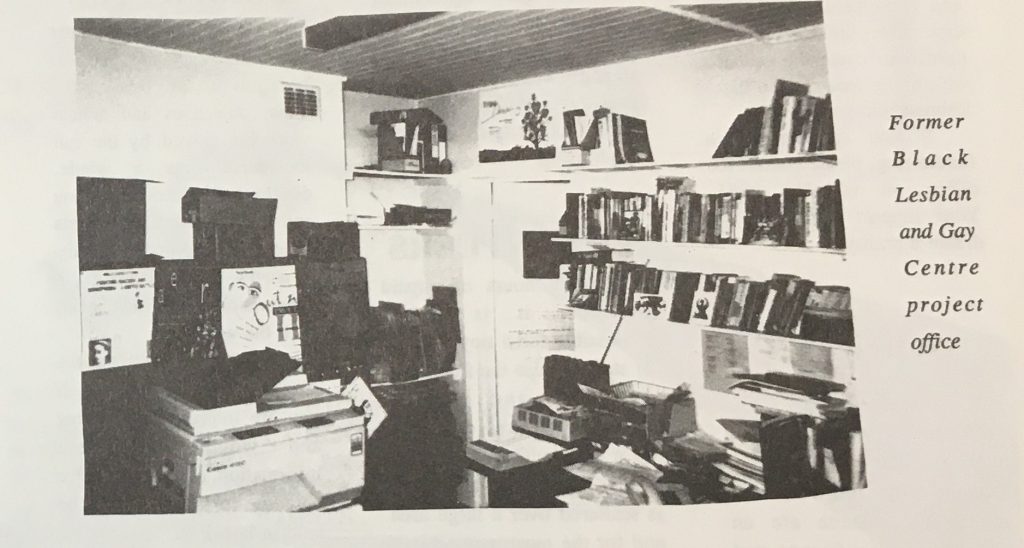
In February 1986, the BLGC started to plan a conference with the Ethnic Minorities Unit of the GLC on the theme of challenging heterosexuality. This took place in the following March with the See Red Women’s Workshop, a poster-making collective, creating the poster and the distinctive logo, designed by Stella.
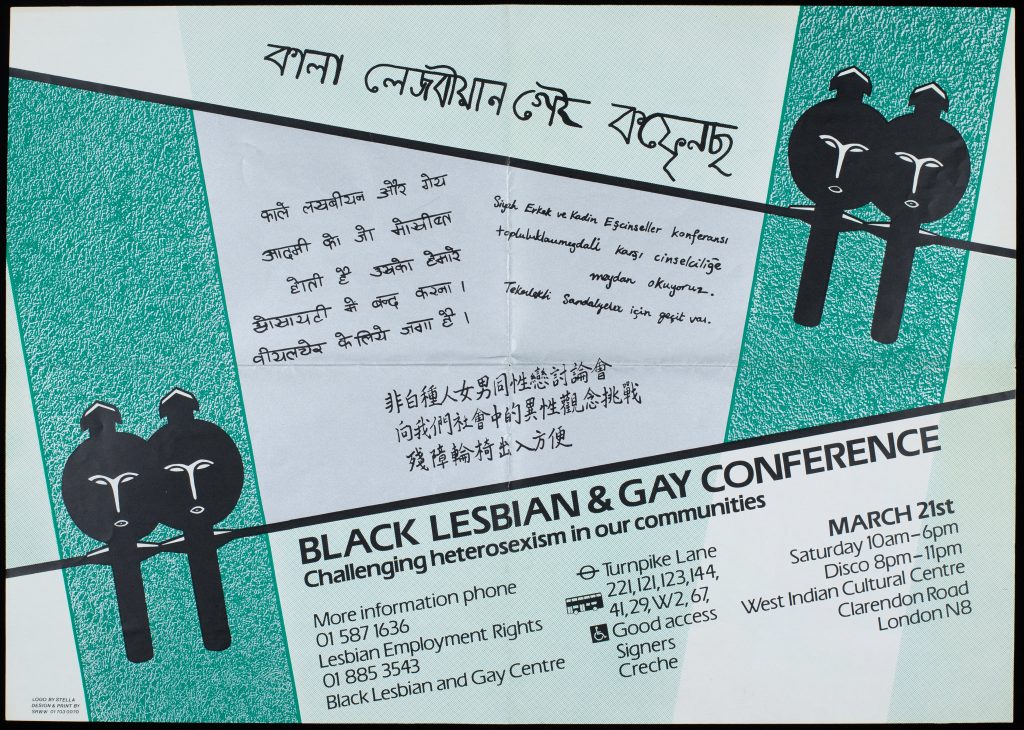
With the abolition of the GLC in 1986, funding came from the London Boroughs Grants Scheme, donations and membership subscriptions. During that summer, the BLGC produced the first issue of BLACKOUT. From the editorial, it was a newsletter for all the different Black lesbian and gay groups to share stories, not only about the problems they faced, but also their positive experiences. Despite calls for content for a second issue, this was not forthcoming.
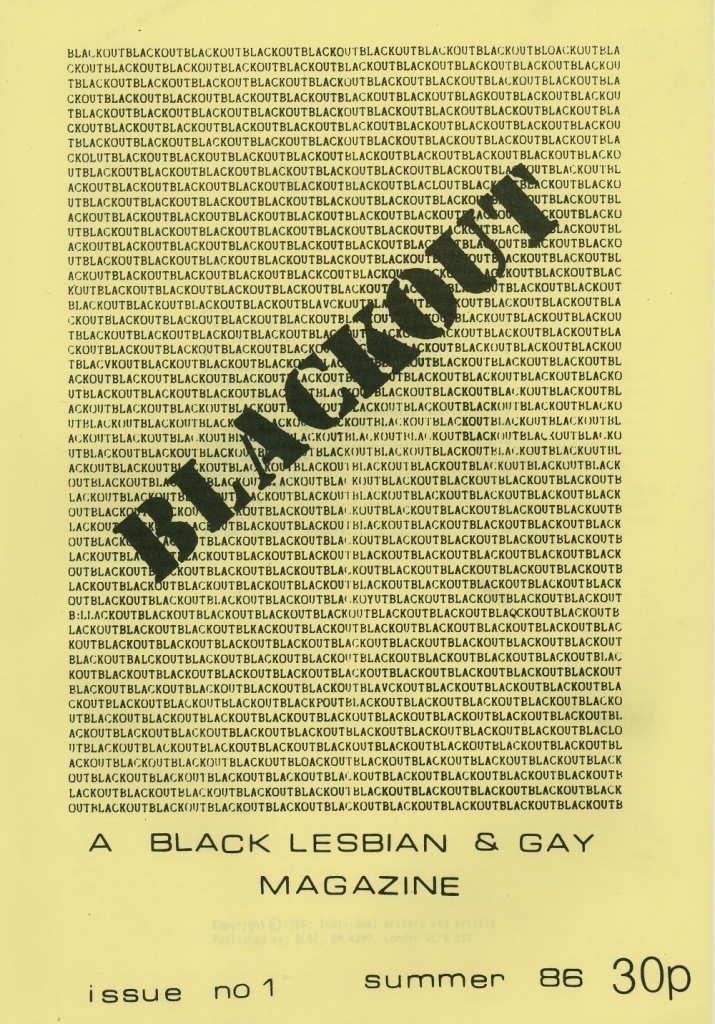
The BLGC itself produced a newssheet which gave information about the project, listed events, activities of different groups, national and international news, courses, job adverts, letters and more.
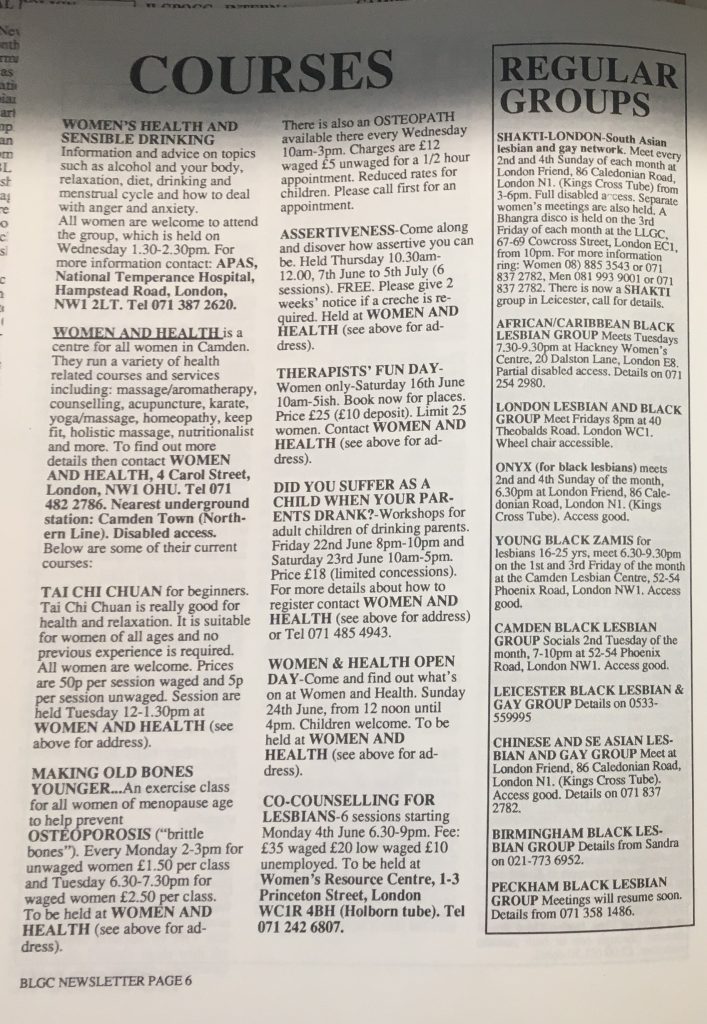
One recurring item in the newssheet was the threat of losing their funding each year. In 1991, funding was completely cut and the part-time workers were made redundant. Supporters and organisations kept the project going and, in early 1992, the BLGC announced that premises had been secured, which became the first Black Lesbian and Gay Centre. Building work was necessary to turn the space under a railway arch in Peckham, south London, into a centre, which opened later that year.
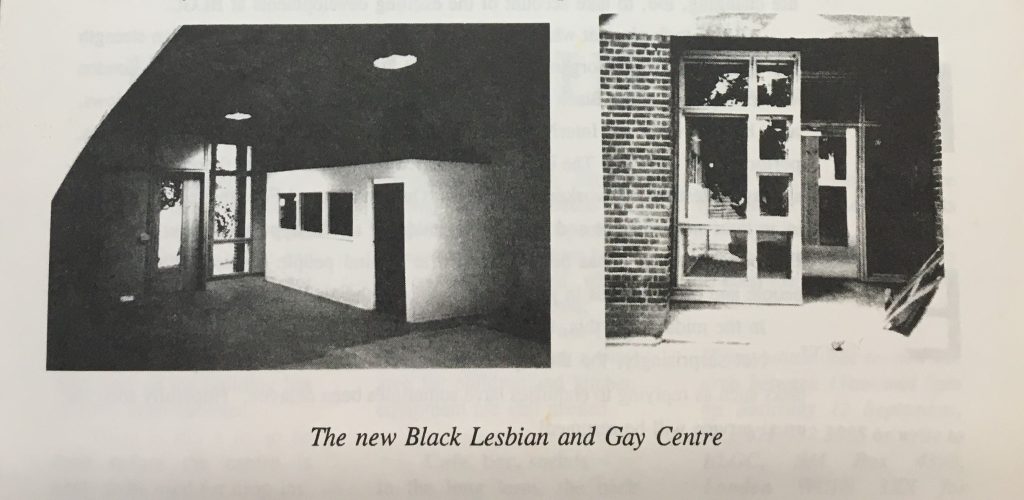
The BLGC provided important work as shown by this these activities listed in its annual report 1991:
- set up a helpline to provide advice, information and support to Black lesbians and gay men in conjunction with London Lesbian and Gay Switchboard
- helped to organise the Fifth International Lesbian and Gay People Conference, held in London the first time outside of North America
- supported a boycott of ‘The Voice’ newspaper for condemning Justin Fashanu’s coming out as a disgrace to his family and the Black communities as a whole. ‘The Voice’ eventually agreed to give a full page right of reply to the Black lesbian and gay community
- negotiated a contract with Brent HIV Centre to deliver HIV/AIDS outreach work to South Asian women in the communities in the borough
- ‘Black by popular demand’ – event organised as part of the annual Lesbian Strength and Gay Pride festivities.
The BLGC was active into the 2000s
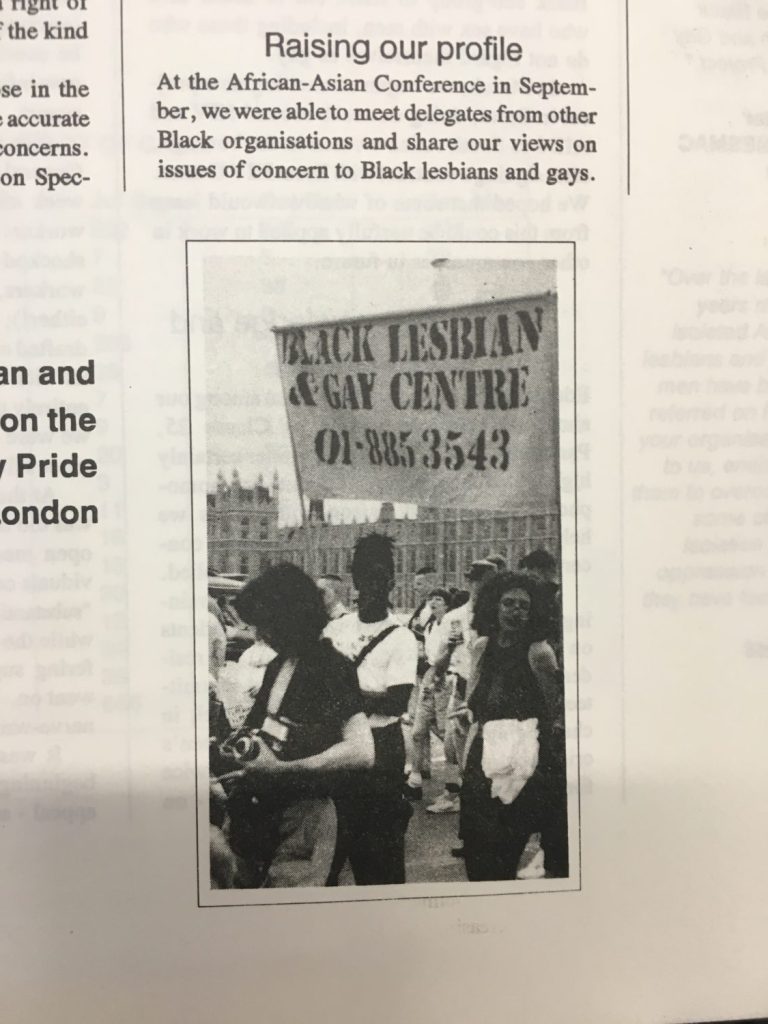
Finding out more
You can find material relating to the BLGC by typing “Black Lesbian and Gay Centre” (use double speech marks) into ‘anytext’ field of the archive catalogue. You can find more material about Black lesbians by typing “Black lesbian*” into the ‘anytext’ field of the archive catalogue. Similarly searching for “Black gay*” in the ‘anytext’ field of the archive catalogue.
Savi Hensman talks very briefly in this video about the BLGC, her faith and sexuality, and her involvement with other lesbian groups.
The Hall-Carpenter Archives at LSE are open to all. Read more about LSE Library’s unique collections.
Posts about LSE Library explore the history of the Library, our archives and special collections.
More on LGBTQ history
Browse our collection of blog posts about LGBTQ history at LSE.
Call for submissions
Are you researching LGBTQ history at LSE? Read our contributions policy then get in touch to submit your blog proposal.
Or are you interested in beginning a research project? Get started with LSE Library’s archive collections on LGBT history and LSE history.



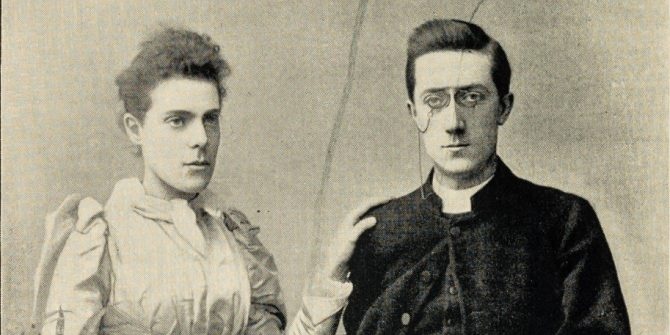
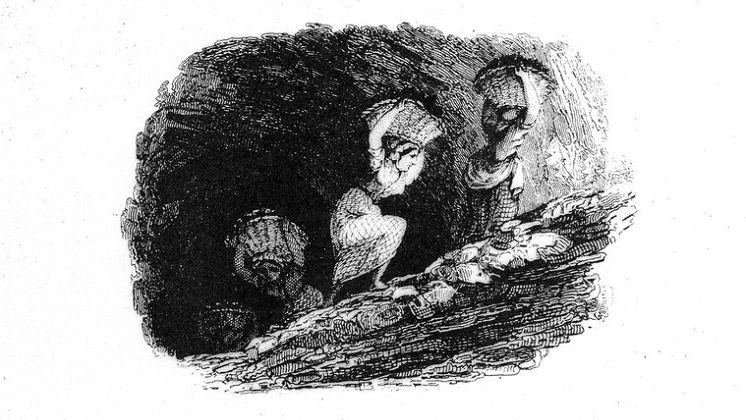
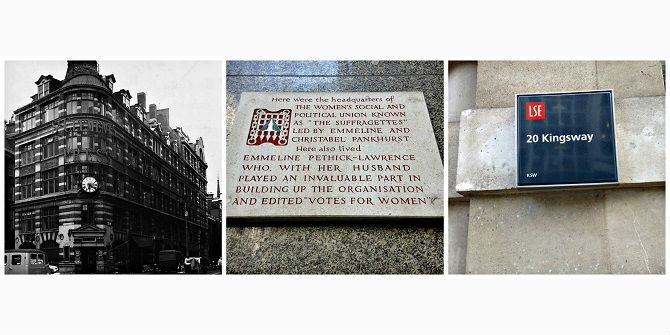
6 Comments